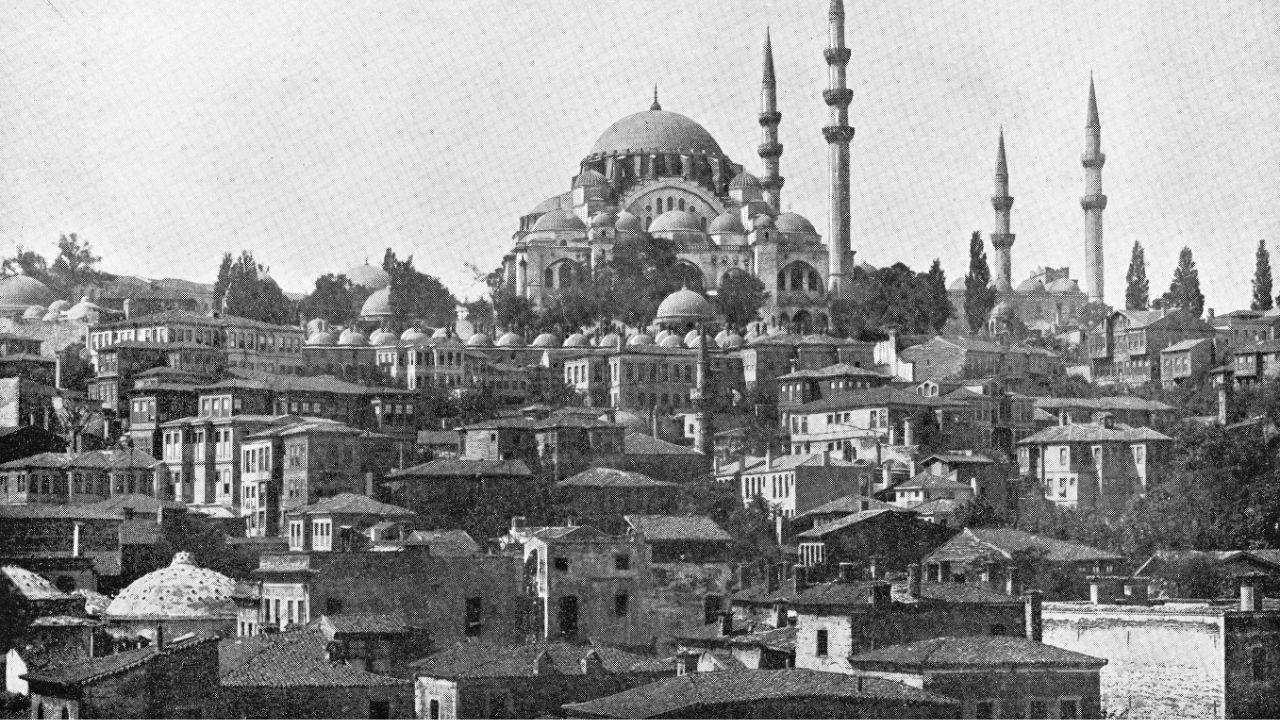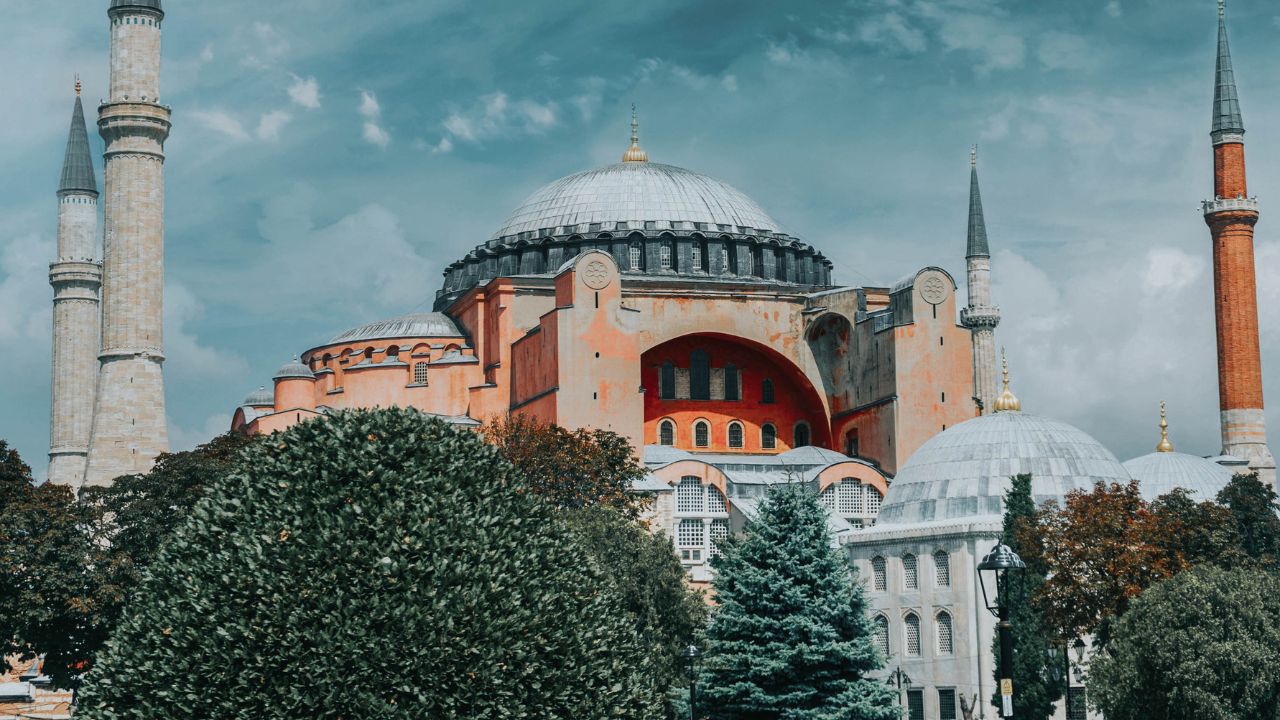
Post by : Zayd Kamal
The Ottoman Empire, one of the most influential empires in world history, spanned over 600 years, profoundly shaping Europe, the Middle East, and North Africa. Discover the Rise and Decline of the Ottoman Empire and understand how this empire went from a small state in Anatolia to a mighty global power before ultimately fading into history. This exploration offers insights into the empire’s complex political, military, and cultural journey, filled with both remarkable achievements and unfortunate downfalls.
The story begins in the late 13th century with Osman I, the founder of the Ottoman dynasty. Born in 1258, Osman established a small principality in Anatolia, in what is now modern-day Turkey. Discover the Rise and Decline of the Ottoman Empire by understanding how Osman’s leadership, military prowess, and strategic alliances enabled his small state to rapidly expand its territory.
Under Osman’s successors, such as Orhan and Murad I, the state expanded beyond Anatolia into the Balkans and Eastern Mediterranean. This growth was largely driven by a powerful military force, particularly the Janissaries—an elite infantry that became the backbone of the military. Using both diplomacy and military might, the Ottomans secured control over crucial trade routes, further strengthening their domain.
The peak of expansion occurred under Sultan Mehmed II in the mid-15th century. Mehmed's conquest of Constantinople in 1453, which led to the fall of the Byzantine Empire, was a defining moment in world history. By transforming Constantinople into Istanbul, he not only made it the new capital but also a cultural, economic, and political hub. Discover the Rise and Decline of the Ottoman Empire through this period of incredible achievement and transformation.
The period from the 16th to early 17th centuries is often called the "Golden Age" of the empire. Under Suleiman the Magnificent, the empire reached its height, both territorially and culturally. His reign, from 1520 to 1566, marked a time of significant military campaigns, expanding the empire into Europe, North Africa, and the Middle East.
Suleiman's reign was also marked by reforms in law and governance. He promoted arts, architecture, and education, leading to the construction of iconic buildings such as the Suleymaniye Mosque in Istanbul. This period saw great advancements in literature, science, and philosophy, leaving a lasting cultural legacy. The Ottomans also excelled in diplomacy, forging alliances with European powers like France to counterbalance the rising influence of the Habsburgs. This combination of military strength and diplomatic acumen allowed the Ottomans to maintain their global influence for centuries.
Despite its impressive expansion and achievements, challenges began to surface in the 17th century. Discover the Rise and Decline of the Ottoman Empire as it entered a period of stagnation marked by internal turmoil, military overreach, and external pressures.
One significant factor in the decline was the empire's overextension. As it expanded, maintaining control over vast territories became increasingly difficult. The Ottomans faced growing competition from European powers such as Russia, Austria, and later Britain and France. Their failure to modernize their military and adopt the technological advancements of their rivals put them at a disadvantage.
Internally, the empire was beset by political instability. Sultans began relying on corrupt officials, and the central government became less effective in managing the provinces. The Janissaries, originally an elite military force, became politically influential and often interfered in governance, weakening the empire further.
By the 18th and 19th centuries, territories were lost to European powers, and nationalist movements within the empire's borders began to rise. Once-thriving trade routes became less profitable, and the economy began to deteriorate. The rise of European colonialism and the empire’s inability to keep up with technological advancements created an economic and military imbalance.

By the early 20th century, the empire had been dubbed the "Sick Man of Europe." Discover the Rise and Decline of the Ottoman Empire during its final years, as it struggled to hold onto its territories. In World War I, the Ottomans sided with the Central Powers, but their defeat led to the partitioning of their lands by the victorious Allies.
The end came in 1922, when the Republic of Turkey was established under Mustafa Kemal Atatürk, who abolished the Ottoman monarchy and modernized the country. The legacy of the empire, however, remains significant, as many modern countries in the Middle East, North Africa, and Southeast Europe can trace their roots back to this period.
Though the Ottoman Empire is no longer a political entity, its cultural and historical influence continues to shape the modern world. From architectural marvels like the Blue Mosque in Istanbul to the culinary traditions that still thrive across the Balkans and Middle East, the Ottomans left a lasting mark on the regions they once controlled.
Additionally, the borders drawn during the collapse of the empire continue to affect global diplomacy and conflict. Many modern-day issues in the Middle East and surrounding regions can be traced back to the divisions and legacies left by the Ottoman rulers.
The Ottoman Empire, spanning over 600 years, rose from a small principality in Anatolia to become one of the most influential powers in world history. Its rise began with Osman I in the 13th century, expanding under his successors and reaching its peak under Sultan Mehmed II, who conquered Constantinople in 1453. The Golden Age, marked by the reign of Suleiman the Magnificent in the 16th century, saw territorial expansion, cultural achievements, and military success. However, by the 17th century, internal and external challenges led to a slow decline, including military overreach, political instability, and economic difficulties. The final years saw its defeat in World War I and eventual dissolution in 1922, leading to the establishment of the Republic of Turkey. Despite its collapse, the legacy continues to influence art, architecture, cuisine, and modern-day geopolitics.
Disclaimer: This article is provided by dxb news network. The views and opinions expressed are for informational purposes only and do not necessarily reflect the official stance of dxb news network.

Winter Skin Care: 10 Hydrating Drinks That Give Natural Glass Skin Glow
Learn how simple winter drinks keep your skin hydrated reduce dryness and support a natural glass sk

10 Songs That Carry the Same Grit and Realness as Banda Kaam Ka by Chaar Diwari
From underground hip hop to introspective rap here are ten songs that carry the same gritty realisti

PPG and JAFZA Launch Major Tree-Planting Drive for Sustainability
PPG teams up with JAFZA to plant 500 native trees, enhancing green spaces, biodiversity, and air qua

Dubai Welcomes Russia’s Largest Plastic Surgery Team
Russia’s largest plastic surgery team launches a new hub at Fayy Health, bringing world-class aesthe

The Art of Negotiation
Negotiation is more than deal making. It is a life skill that shapes business success leadership dec

Hong Kong Dragon Boat Challenge 2026 Makes Global Debut in Dubai
Dubai successfully hosted the world’s first Hong Kong dragon boat races of 2026, blending sport, cul

Ghanem Launches Regulated Fractional Property Ownership in KSA
Ghanem introduces regulated fractional real estate ownership in Saudi Arabia under REGA Sandbox, ena

Winter Skin Care: 10 Hydrating Drinks That Give Natural Glass Skin Glow
Learn how simple winter drinks keep your skin hydrated reduce dryness and support a natural glass sk

Why Drinking Soaked Chia Seeds Water With Lemon and Honey Before Breakfast Matters
Drinking soaked chia seeds water with lemon and honey before breakfast may support digestion hydrati

Morning Walk vs Evening Walk: Which Helps You Lose More Weight?
Morning or evening walk Learn how both help with weight loss and which walking time suits your body

What Really Happens When You Drink Lemon Turmeric Water Daily
Discover what happens to your body when you drink lemon turmeric water daily including digestion imm

DXB News Network Presents “Ctrl+Alt+Wim”, A Bold New Satirical Series Starring Global Entertainer Wim Hoste
DXB News Network premieres Ctrl+Alt+Wim, a bold new satirical micro‑series starring global entertain

High Heart Rate? 10 Common Causes and 10 Natural Ways to Lower It
Learn why heart rate rises and how to lower it naturally with simple habits healthy food calm routin

10 Simple Natural Remedies That Bring Out Your Skin’s Natural Glow
Discover simple natural remedies for glowing skin Easy daily habits clean care and healthy living ti

Mattel Revamps Masters of the Universe Action Figures for Upcoming Film
Mattel is set to revive Masters of the Universe action figures in sync with their new movie, ignitin